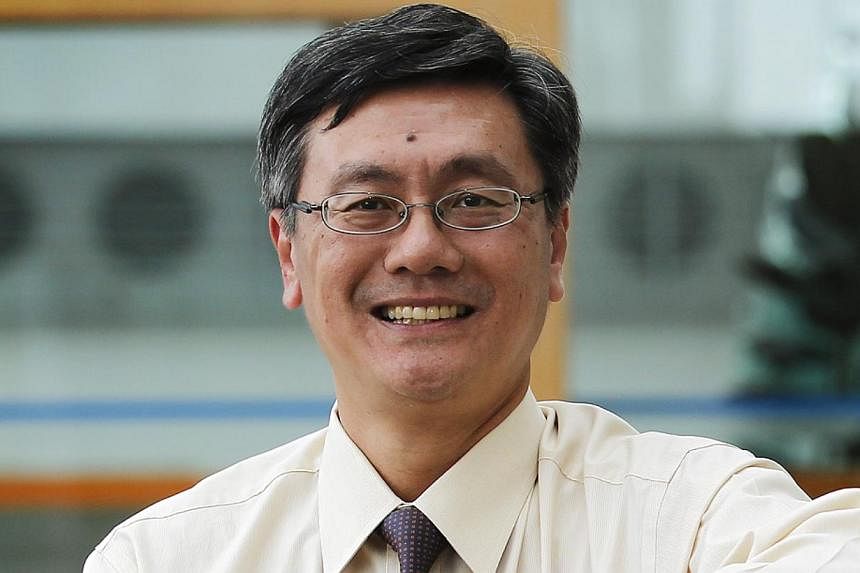National University of Singapore (NUS) students are already being taught how to use words to forward an argument through thinking and expression courses.
From this year, they will also be taught how to use numbers or statistical data to analyse and argue a point, through a new module in quantitative reasoning. It will be one of the general education requirements for all freshmen from this year.
Professor Tan Eng Chye, provost of NUS, explained: "The use of data is becoming prevalent in many fields. The ability to use and interpret data is becoming a critical skill."
Professor Ashraf Kassim, associate provost (undergraduate education) at the university, said the course will be taught using the blended learning approach, where students "attend" lectures online and go deeper into the concepts during the two-hour classroom sessions.
Besides learning to analyse, interpret and use data to produce reliable results, students will also be exposed to how data is gathered and used in various contexts, such as in health and population.
In medical research, for example, they will learn the difference in using data to prove correlation and causation.
Prof Kassim said: "At the end of the course, students will have learnt how data is used to make claims in different fields. The use of numbers may seem objective, but they will be taught how to look for hidden bias."
The new module is part of the revamped general education curriculum that starts in August.
Currently, students must take Singapore studies and two other general education modules in subjects such as logic, global environmental issues and globalisation and the media.
These modules, which fall outside of students' chosen specialisations, were introduced to broaden their intellectual base. But "there is too much choice for students" now, so the university is changing the curriculum to make it more focused, Professor Tan said.
From August, students have to take four general education modules, one each from the "pillars" of thinking and expression, quantitative reasoning, human cultures, and Singapore studies.
The pillars are aspects that are essential for a broad-based education, said Prof Tan, adding that Singapore studies is aimed at giving students a "good grounding (in) the local context".
"By taking up some of these courses outside their main areas of study, students will gain an understanding on how knowledge is obtained and validated in various fields and see the connections between the different disciplines," he said.

